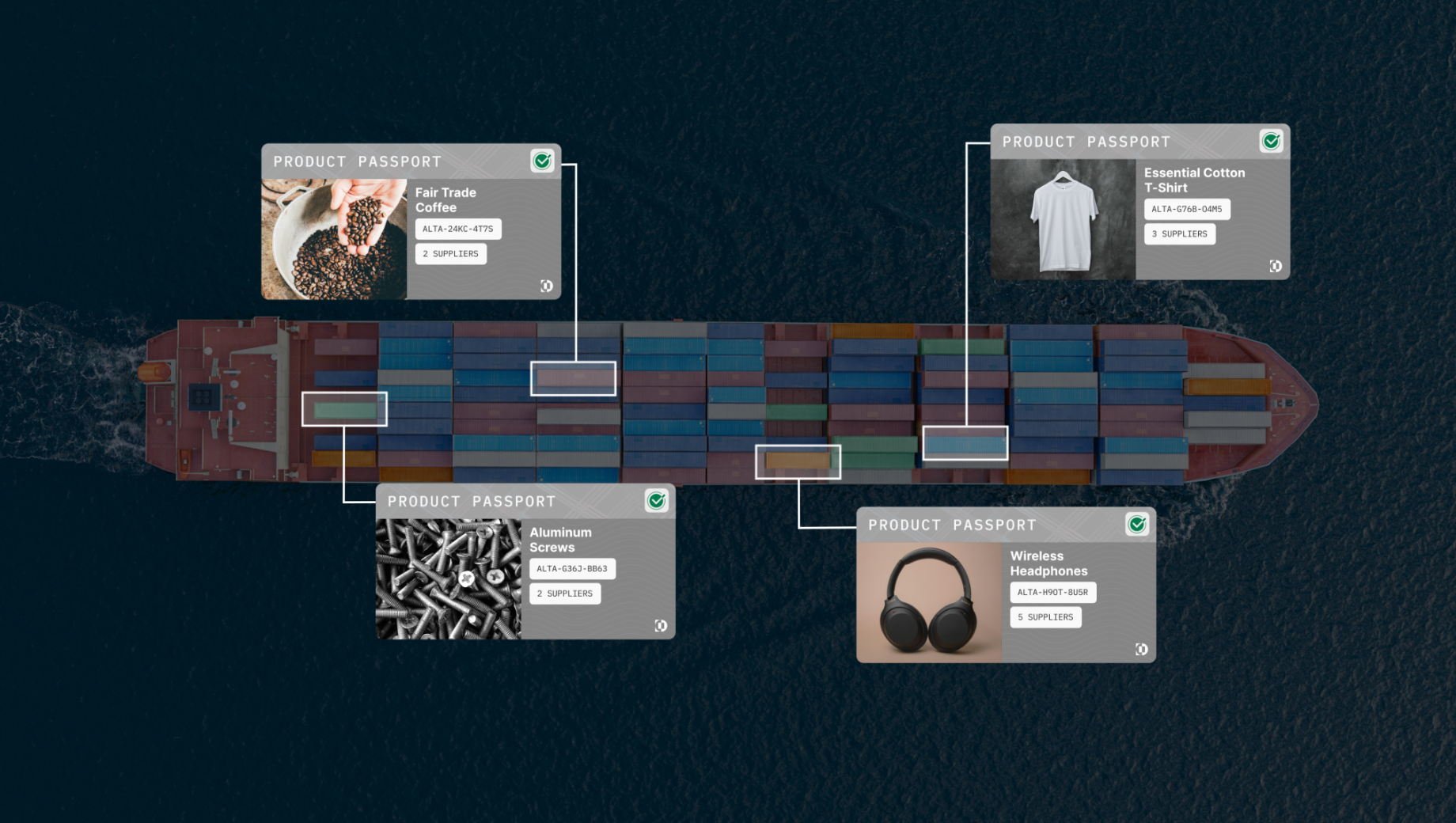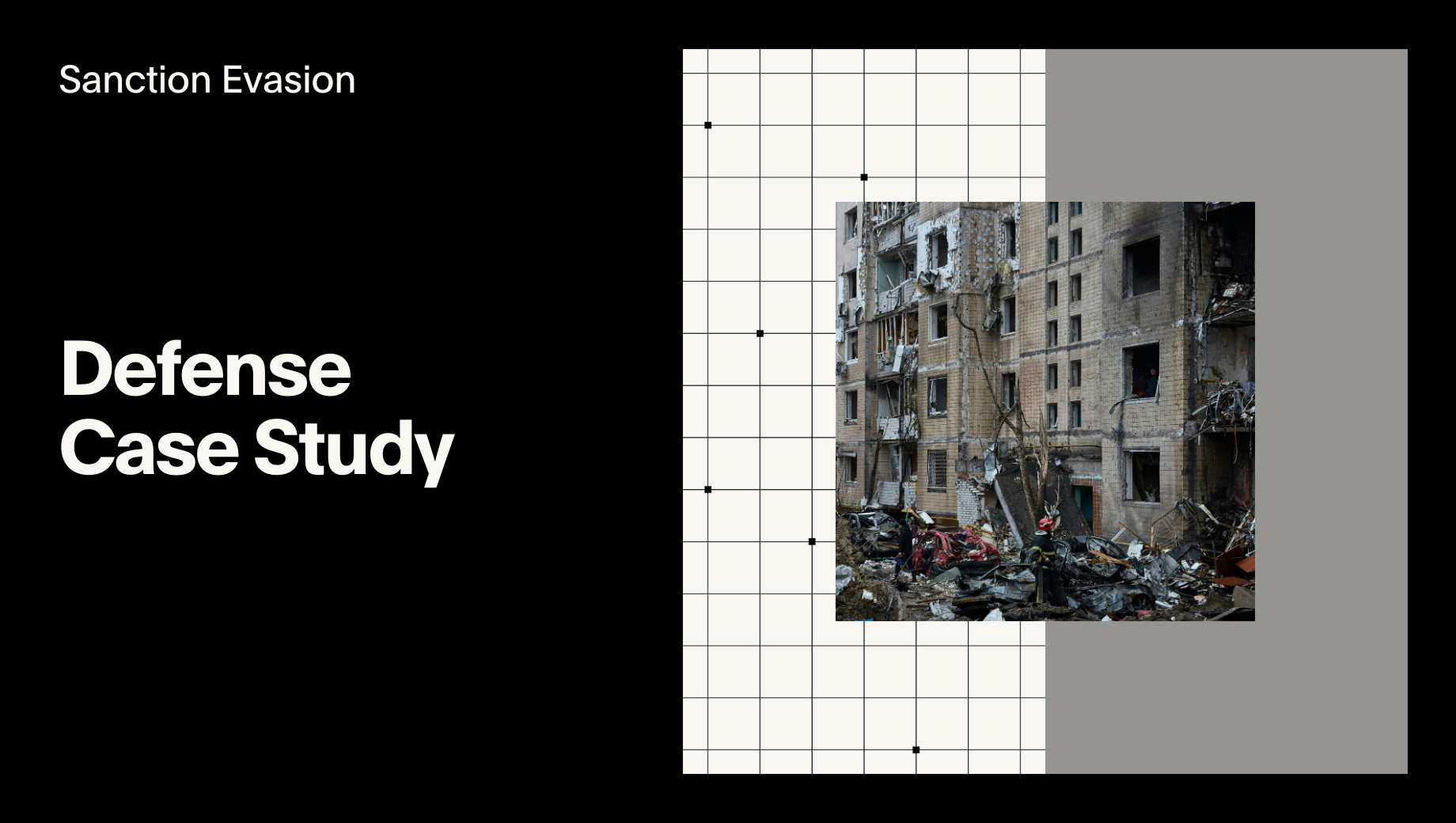The Regulation
Internal Revenue Code (IRC) Section 30D offers a tax credit toward the purchase of electric vehicles (EVs) in the US that meet certain specific requirements. This means consumers may receive up to $7,500 after purchasing an electric vehicle, plug-in hybrid electric vehicle, or fuel cell vehicle.
Prior versions of the clean vehicle tax credit required batteries to have a capacity of at least 5 kilowatt-hours (kWh), and awarded a total of $2,917 for initial qualification, followed by another $417 for each additional kWh of capacity, up to a maximum of $7,500. In May 2024, these capacity requirements were replaced by a new system that awarded tax credits for batteries that met a minimum threshold for the percentage of critical minerals sourced from US free trade partners and battery components manufactured or assembled in North America.
What This Means
- The credit qualification is divided into two components: Critical minerals extraction/processing and battery components assembly/manufacturing
- Critical minerals ($3,750): In 2024, 50% of the battery’s critical minerals must be extracted, processed, or recycled in the US or through a free-trade partner. This amount increases by 10% yearly until 2027. Beyond that point, the threshold remains at 80%
- Battery components ($3,750): In 2024 and 2025, the value of the battery’s components that are manufactured or assembled in North America must meet or be greater than 50%. This threshold increases by 10% each subsequent year until 2029, when 100% of battery components must be manufactured or assembled in North America
- Requires qualifying vehicles to be bought for personal or business use, not for resale; batteries must have a capacity of at least seven kilowatt-hours (kWh)
- Subject to vehicle price caps and limitations for higher-income buyers, aiming to focus the incentive on more affordable vehicles and middle-income consumers
Who It Matters For
Section 30D’s changing criteria impacts automakers of all sizes targeting the US market, especially as the transition to EVs ramps up. In 2023, EV sales in the US reached 1.6 million—registering a 60% year-over-year increase from 2022.
This makes value chain management an essential part of vehicle development and planning. International automakers now need unprecedented visibility into multi-tier value networks with oversight that includes tracing raw materials, components, and finished goods back to their origins.
The effects of noncompliance are playing out in real time. Many automakers rely on the credit to offer meaningfully lower list prices and appeal to a wider base of consumers. In the face of shifting regulations, however, this discount may disappear for the companies that cannot adapt. Some EV automakers may no longer qualify for the credit due to battery production in China. Others must shift marketing strategies for models that formerly met the requirement but no longer have the same price point as competitors.
How Altana Helps
Altana, the world's first Value Chain Management System, empowers automakers to take command of their extended supplier and distribution networks in this shifting regulatory landscape:
See all of your value chains, upstream and downstream, built from detailed material flow visibility and based on your actual vehicle production rather than suppliers’ self-reported component charts.
Focus on areas of exposure and determine priorities amid the thousands of parts used across vehicle assembly. Screen new and existing suppliers and products against every compliance requirement—from forced labor to carbon to sanctions—with relevant alerts, tailored insights, and AI decision support across all your product lines.
Act across your value chains to get every compliance job done—whether triaging potential risks, collecting and verifying documentation from distant suppliers, or building audit trails. Create, manage, and file mandated regulatory reports and escalate concerns both internally and to upstream suppliers from a shared source of truth.
Customers like US Customs and Border Protection, Boston Scientific, L.L.Bean, Maersk, and the UK Department of Business and Trade use Altana to build secure, resilient, efficient, and sustainable global value chains. This comprehensive approach not only meets current regulatory requirements but also prepares organizations for future global trade challenges.
Take the Next Step
In this new era of value chain regulation, taking command of your extended supplier and distribution networks is more critical than ever.
Discover how Altana's Value Chain Management System can transform your approach to value chain management and global trade compliance, ensuring you are prepared to meet the evolving criteria for clean vehicle credits and more.



